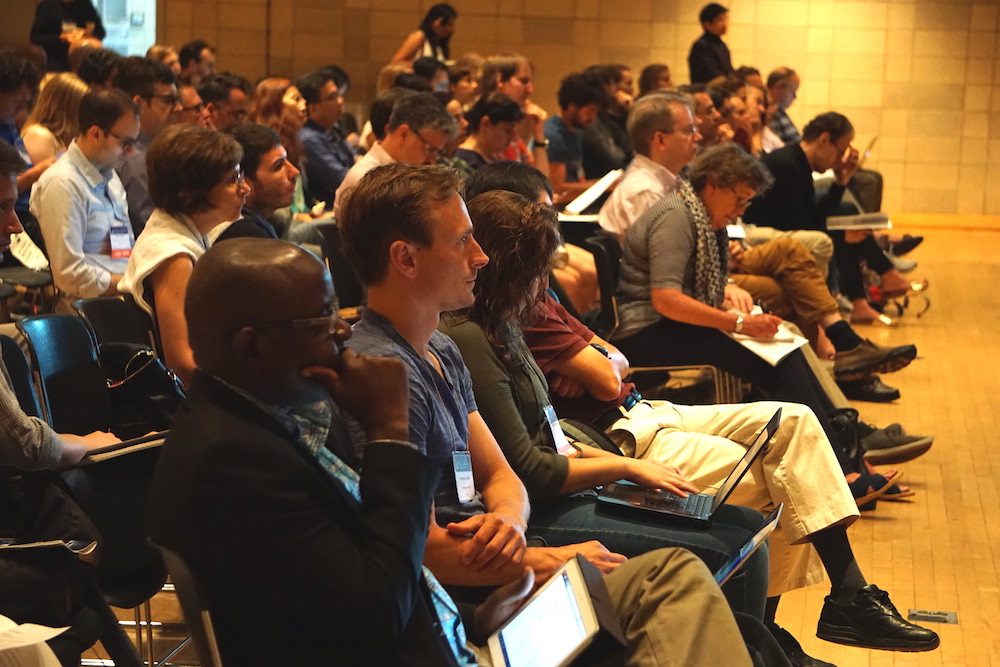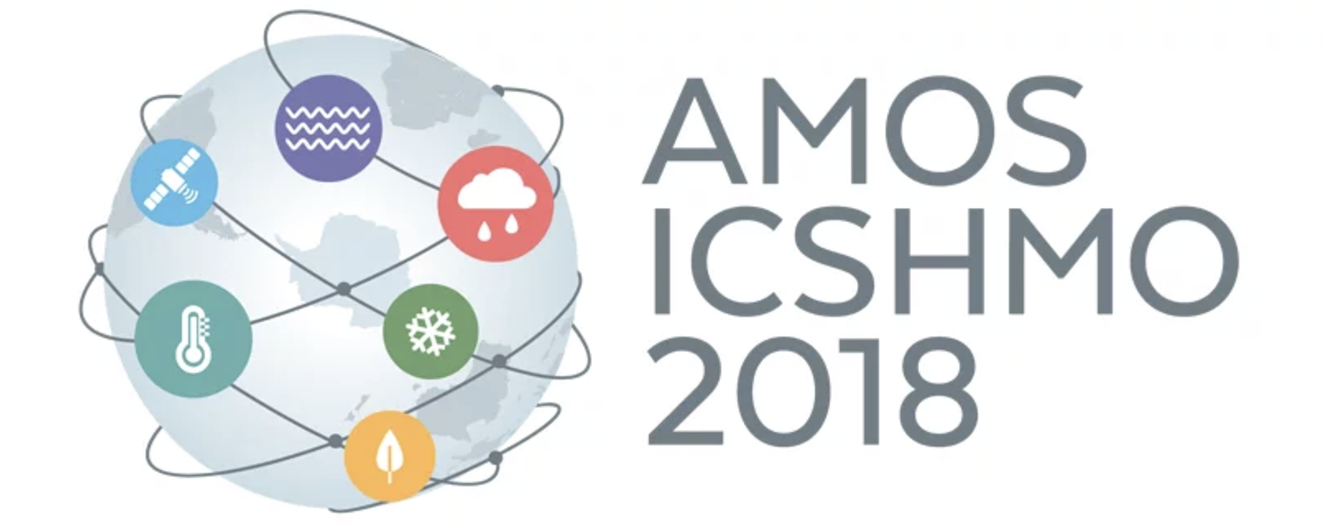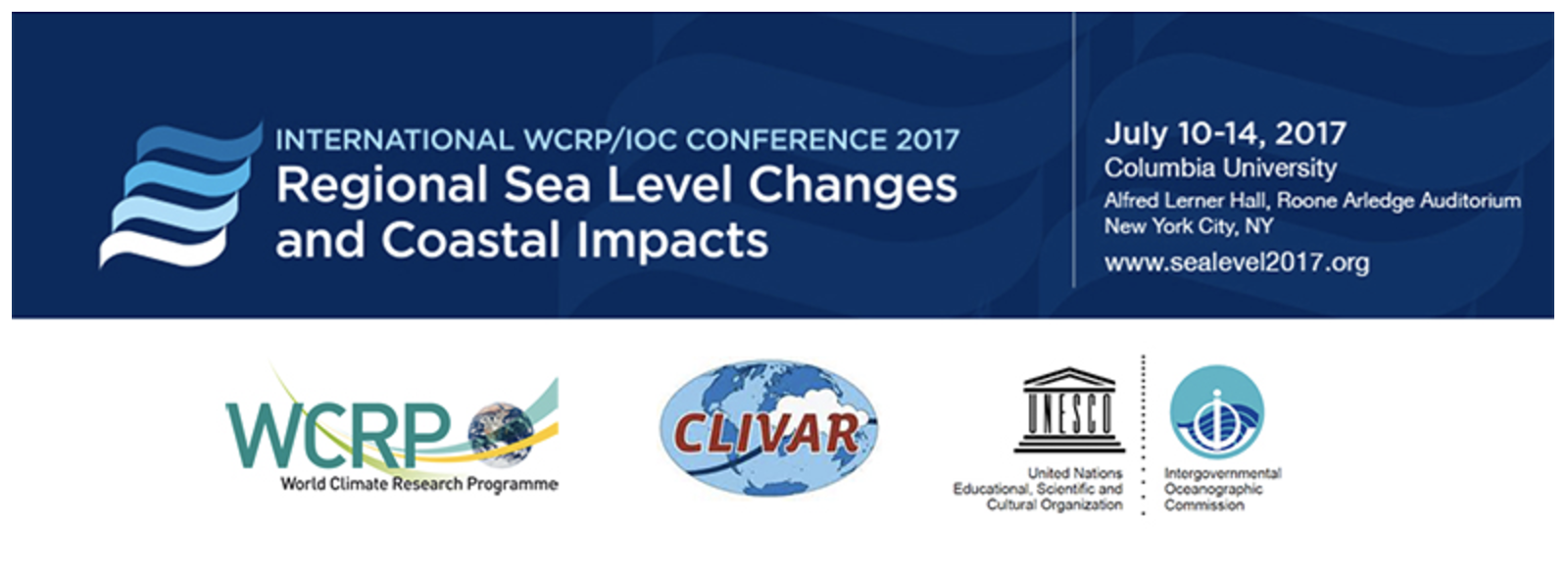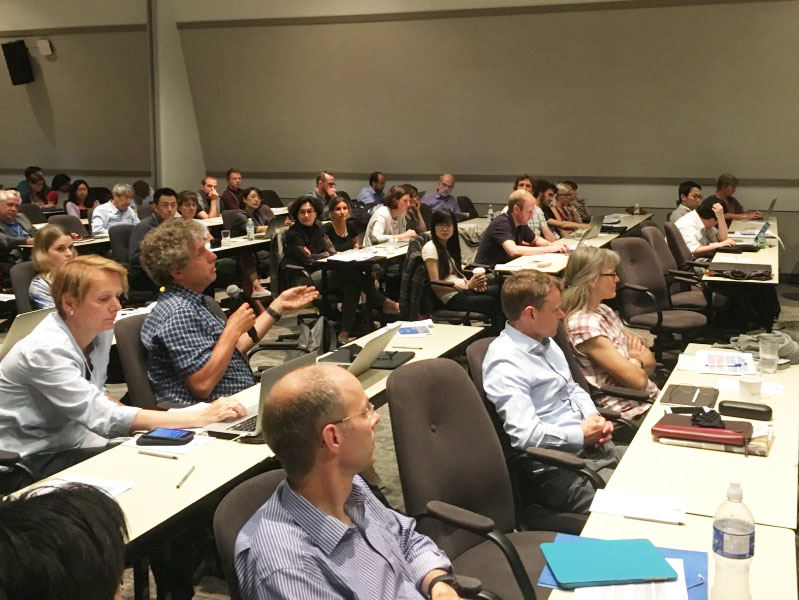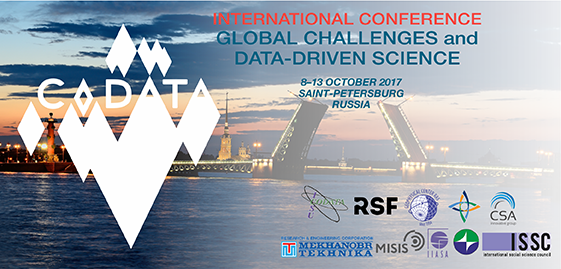- Details
![]() Want to make a difference to climate and ocean research?
Want to make a difference to climate and ocean research?
The call for nominations to the CLIVAR Scientific Steering Group and to the CLIVAR Panels is now open. Click the heading above for more details.
- Details
![]() The WCRP Core Project Stratosphere-troposphere Processes And their Role in Climate (SPARC) leadership is composed of experts from around the world who dedicate their time to SPARC's international activities. These include the SPARC Scientific Steering Group (SSG), who serve to guide SPARC's scientific focus. SPARC is now accepting nominations (or self-nominations) for SSG membership to serve from January 2019 - December 2021 (initial three-year term can be extended by two additional years). If you are interested please complete the online form here. The deadline for nominations is 30 September 2017.
The WCRP Core Project Stratosphere-troposphere Processes And their Role in Climate (SPARC) leadership is composed of experts from around the world who dedicate their time to SPARC's international activities. These include the SPARC Scientific Steering Group (SSG), who serve to guide SPARC's scientific focus. SPARC is now accepting nominations (or self-nominations) for SSG membership to serve from January 2019 - December 2021 (initial three-year term can be extended by two additional years). If you are interested please complete the online form here. The deadline for nominations is 30 September 2017.
- Details
![]() To find out about GEWEX scientific research and activities see the latest GEWEX Newsletter. For opportunities and meeting announcements take a look at the July edition of GEWEX eNews.
To find out about GEWEX scientific research and activities see the latest GEWEX Newsletter. For opportunities and meeting announcements take a look at the July edition of GEWEX eNews.
You can subscribe to GEWEX eNews on the GEWEX website.
- Details
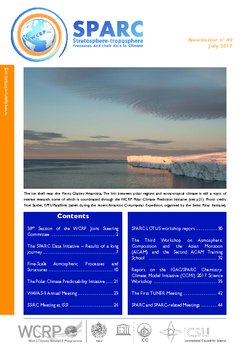 The July 2017 edition of the SPARC Newsletter is available on the SPARC Website. Science highlights include: the SPARC Data Initiative, Fine-Scale Atmospheric Processes and Structure and the Polar Climate Predictability Initiative. There are also meeting and workshop reports for: SPARC WAVAS-II Annual Meeting, SSiRC Meeting at ISSI, SPARC LOTUS Workshop, the Third Workshop on Atmospheric Composition and the Asian Monsoon (ACAM) and the Second ACAM Training School, the IGAC/SPARC Chemistry-Climate Model Initiative (CCMI) 2017 Science Workshop and the First TUNER Meeting. For regular updates subscribe to the SPARC Newsletter and eNews.
The July 2017 edition of the SPARC Newsletter is available on the SPARC Website. Science highlights include: the SPARC Data Initiative, Fine-Scale Atmospheric Processes and Structure and the Polar Climate Predictability Initiative. There are also meeting and workshop reports for: SPARC WAVAS-II Annual Meeting, SSiRC Meeting at ISSI, SPARC LOTUS Workshop, the Third Workshop on Atmospheric Composition and the Asian Monsoon (ACAM) and the Second ACAM Training School, the IGAC/SPARC Chemistry-Climate Model Initiative (CCMI) 2017 Science Workshop and the First TUNER Meeting. For regular updates subscribe to the SPARC Newsletter and eNews.
Also see SPARC eNews Bulletin for the latest news and announcements.
- Details
 How will different choices of the pre-industrial baseline affect the likelihood of nations exceeding the 1.5 °C or 2 °C temperature thresholds? Find out in this new article by Andrew Schurer and others:
How will different choices of the pre-industrial baseline affect the likelihood of nations exceeding the 1.5 °C or 2 °C temperature thresholds? Find out in this new article by Andrew Schurer and others:
This paper acknowledges the World Climate Research Programme’s Working Group on Coupled Modelling (WGCM) and the Coupled Model Intercomparison Project (CMIP)
- Details
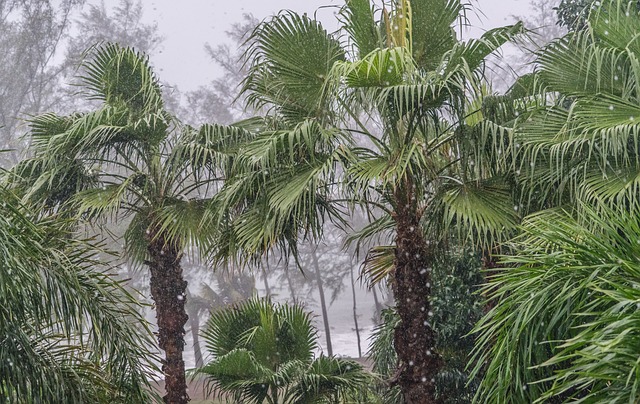 This article by Qinjian Jin and Chien Wang, published in Nature Climate Change, shows that monsoon rainfall in India has increased since 2002 after previously showing significant decline, a signal that has not yet been replicated by global climate models. To find out more see the article:
This article by Qinjian Jin and Chien Wang, published in Nature Climate Change, shows that monsoon rainfall in India has increased since 2002 after previously showing significant decline, a signal that has not yet been replicated by global climate models. To find out more see the article:
- Details
![]() Get the latest issue of the Subseasonal-to-Seasonal (S2S) Prediction Project Newsletter, which includes:
Get the latest issue of the Subseasonal-to-Seasonal (S2S) Prediction Project Newsletter, which includes:
- Propagation of Intra-Seasonal Tropical Oscillations (PISTON)
- Update on the S2S Database
- A new ftp site containing MJO indices from the S2S database
- 7th International Verification Methods Workshop
- S2S Special Session at the 5th WGNE Workshop on systematic errors in weather and climate models
- Subseasonal prediction of the heat wave of December 2013 in Southern South America by the POAMA and BCC‑CPS models
All S2S Newsletters are available on thr S2S Website.
- Details
Nominations for both prizes close on 1 October 2017.
- Details
![]() The World Climate Research Programme (WCRP) has issued a call for expressions of interest from national, regional and international institutions to host a coordinator for WCRP regional activities. To find out more about the criteria and selection process, please click the heading above.
The World Climate Research Programme (WCRP) has issued a call for expressions of interest from national, regional and international institutions to host a coordinator for WCRP regional activities. To find out more about the criteria and selection process, please click the heading above.
- Details
Find out more in an article by Josep (Pep) Candela and David Carlson in the World Meteorological Organization Bulletin.
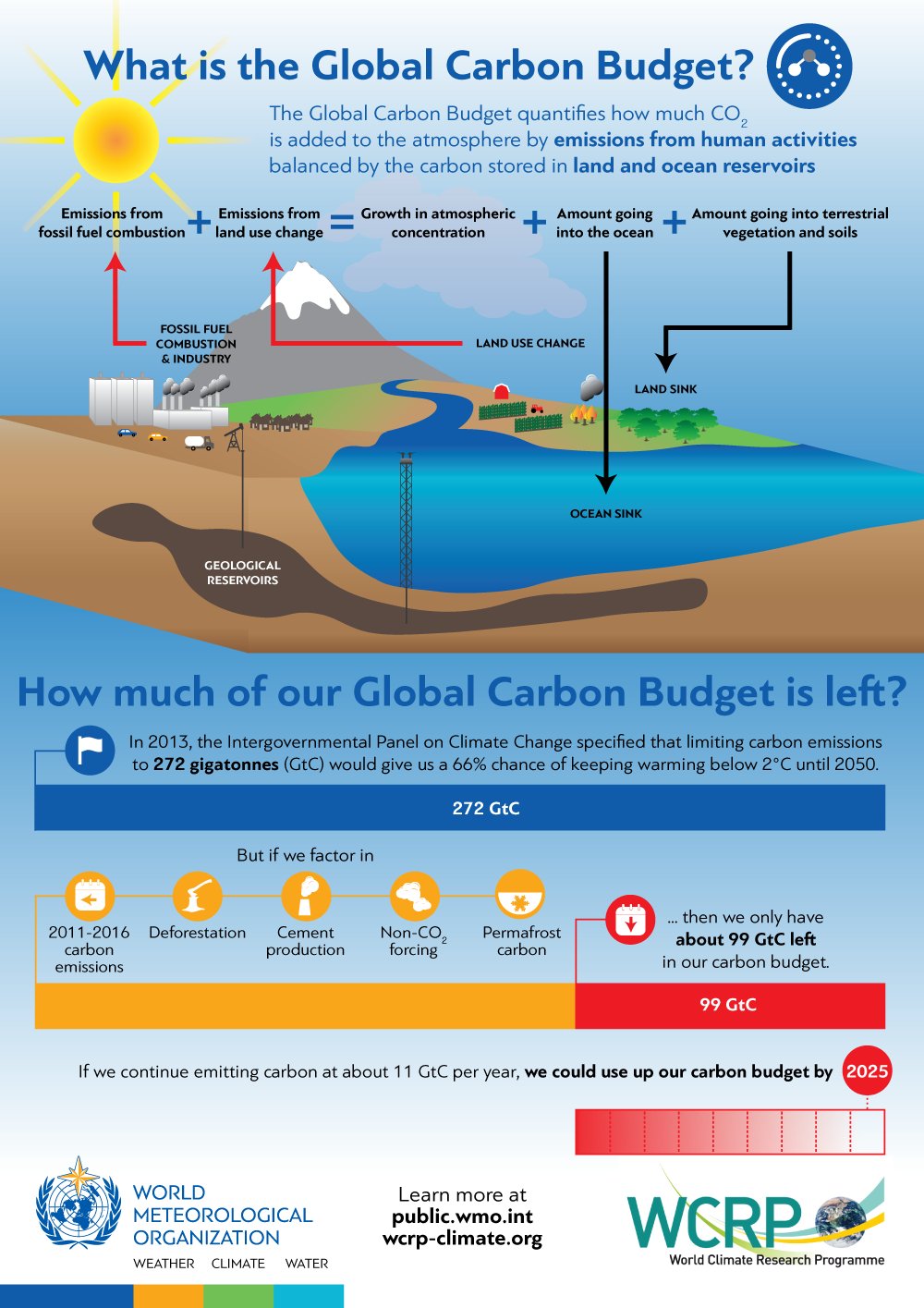
- Details
- Details
The Australian Meteorological and Oceanographic Society and the American Meteorological Society (AMOS) have announced that the Joint 25th AMOS National Conference and 12th International Conference for Southern Hemisphere Meteorology and Oceanography, AMOS-ICSHMO 2018, will be held at UNSW Sydney from 5 to 9 February 2018. The conference will bring together experts in meteorology, oceanography and other climate sciences from around the world as well as government representatives, NGOs, businesses and the media to focus on problems specific to the Southern Hemisphere. To find out more information see the conference website. Abstract submission closes on 31 August 2017.
- Details
16-18 October 2018 | Guayaquil, Ecuador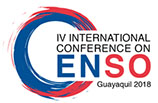
The goal of this conference is to review the progress on the science of the El Niño Southern Oscillation (ENSO) with a focus on examining the range of ENSO “flavors”, assess the existence of possible, and distinct precursors, and examine how the different oceanic and atmospheric processes that drive the different ENSO flavors and impact their predictability would vary in a warming world. See the conference website for more details.
The call for abstracts will open on 15 July 2017 and closes on 30 April 2018.
- Details
Next Monday marks the beginning of the Regional Sea Level Changes and Coastal Impacts Conference in New York City. The conference puts a spotlight on interactions between global warming, associated sea level rise, coastal impacts and options for adaptation. See the full press release (English) (French) (Spanish).
- Details
We are excited to release a short movie: A Short Introduction to Climate Models - CMIP & CMIP6
This movie gives insight into the world of climate modelling, particularly WCRP's initiative CMIP. See also the accompanying European Geosciences Union (EGU) highlight article.
- Details
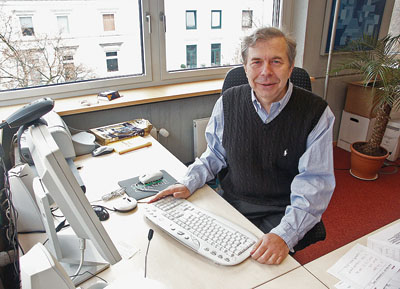 As you probably know, David Carlson retired from his position of Executive Director of WCRP on 30 June 2017. Deon Terblanche, Director of the WMO Atmospheric Research and Environment Branch, has agreed to lead the activities of the WCRP Joint Planning Staff for a period of about one year, and to work closely with the Joint Scientific Committee and the climate community towards the development of a new 10-year strategic plan. Read more about WCRP plans here.
As you probably know, David Carlson retired from his position of Executive Director of WCRP on 30 June 2017. Deon Terblanche, Director of the WMO Atmospheric Research and Environment Branch, has agreed to lead the activities of the WCRP Joint Planning Staff for a period of about one year, and to work closely with the Joint Scientific Committee and the climate community towards the development of a new 10-year strategic plan. Read more about WCRP plans here.
- Details
The Global Energy and Water Cycle Exchanges (GEWEX) project is one of WCRP's four core projects. The global water cycle encompasses the continuous journey of water as it moves between the Earth’s surface, the atmosphere, and beneath the Earth’s surface. Find out more about GEWEX!
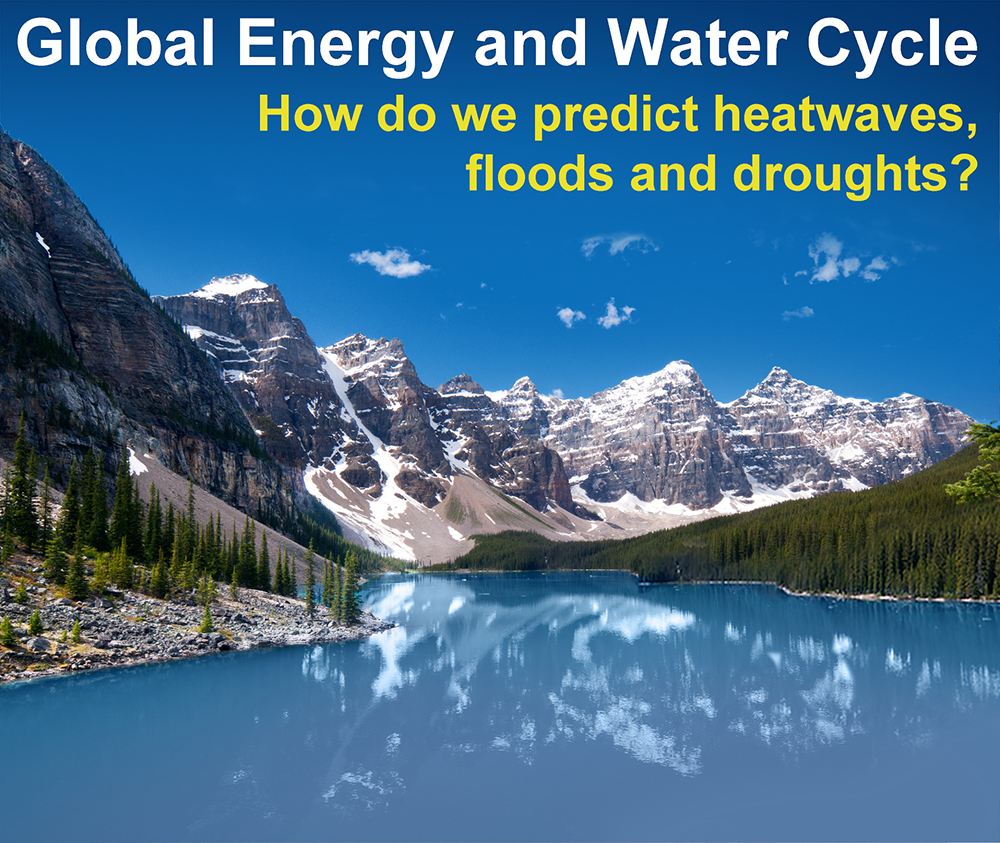
- Details
- Details
 This recent paper in Nature Climate Change by Sander Veraverbeke and others discusses how changes in climate and fire regimes are transforming boreal forests. Click the headline above to learn more.
This recent paper in Nature Climate Change by Sander Veraverbeke and others discusses how changes in climate and fire regimes are transforming boreal forests. Click the headline above to learn more.
- Details
24-27 October 2017 | Woods Hole Oceanographic Institution, Woods Hole, MA, USA
Registration is open for 2017 FAMOS school and workshop. Deadline: 15 August 2017. For more information click the headline above.

- Details
The workshop on "Frontiers in ocean-atmosphere exchange: Air sea interface and fluxes of mass and energy" was held from 15-18 May 2017 in Cargèse, Corsica, France.
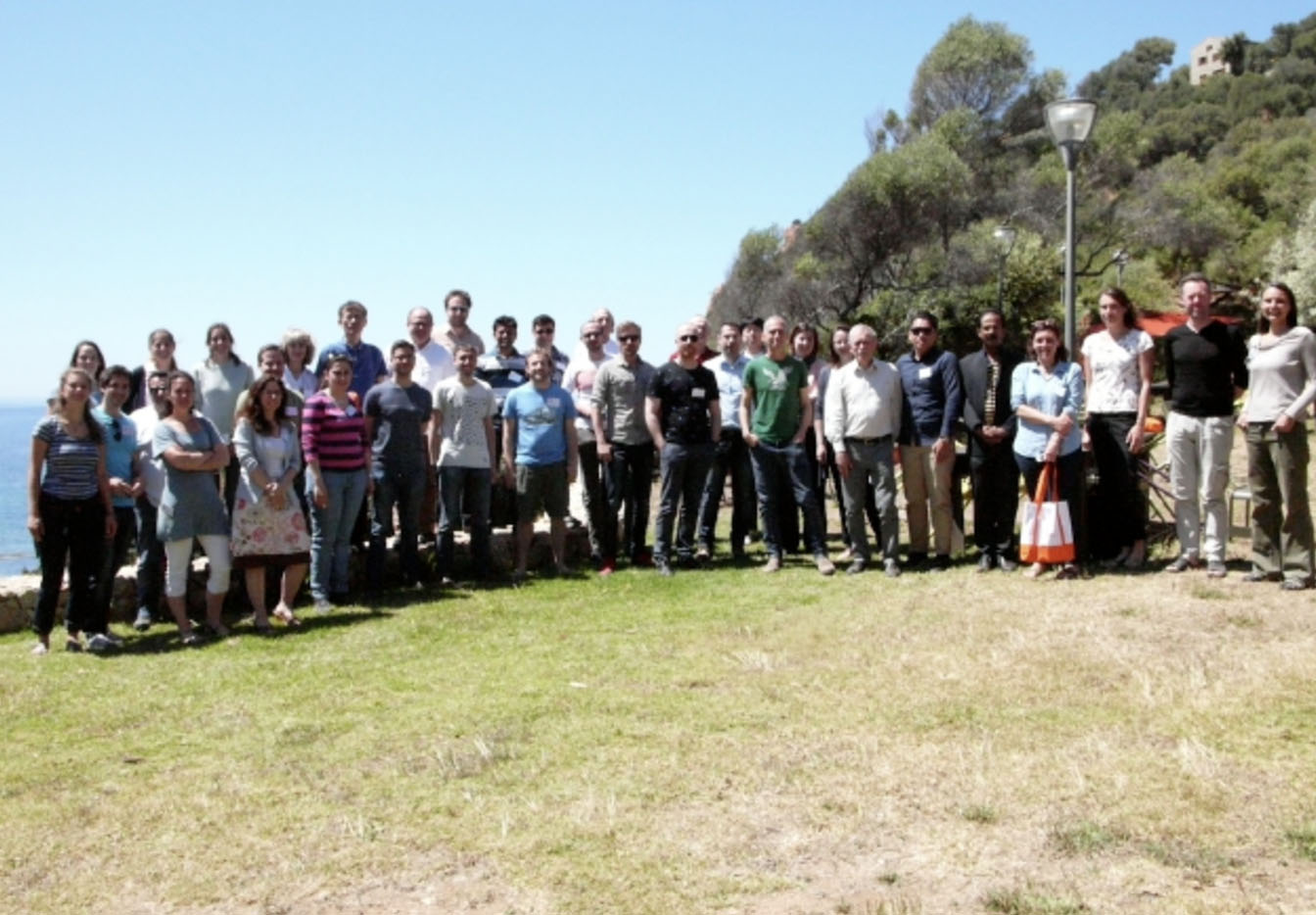 Photo from the workshop website
Photo from the workshop website- Details
Saint Petersburg, Russia | 8 – 13 October 2017
The CODATA conference will explore the fundamental issues relating to the availability, (re-)use and scientific analysis of data that relate to the most significant contemporary global challenges. For more information see the conference website. The deadine for abstract submissions is 30 June 2017.
- Details
The Ocean and Climate Scholars Programme is an intensive, fully funded workshop examining our past, present and future climate, oceans interaction and our influence at global, regional and local scales. The programme will be held at NUI Galway, Ireland from 18th to 22nd September 2017 and is open to postgraduate students of ocean, climate and environment related sciences. For more information click the header above.

- Details
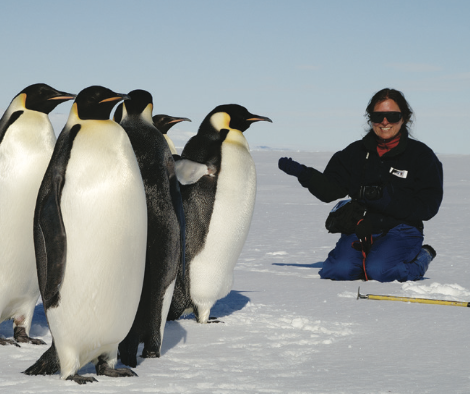 Contribute to this special issue of the Polar Record, aimed at celebrating the tenth anniversary of the International Polar Year. For more information see the attached flyer.
Contribute to this special issue of the Polar Record, aimed at celebrating the tenth anniversary of the International Polar Year. For more information see the attached flyer.- Details
 This new paper in Nature Geoscience by Benjamin Santer and others analyses global-mean tropospheric temperatures from satellites and climate model simulations to examine whether warming rate differences over the satellite era can be explained by internal climate variability alone.
This new paper in Nature Geoscience by Benjamin Santer and others analyses global-mean tropospheric temperatures from satellites and climate model simulations to examine whether warming rate differences over the satellite era can be explained by internal climate variability alone.


